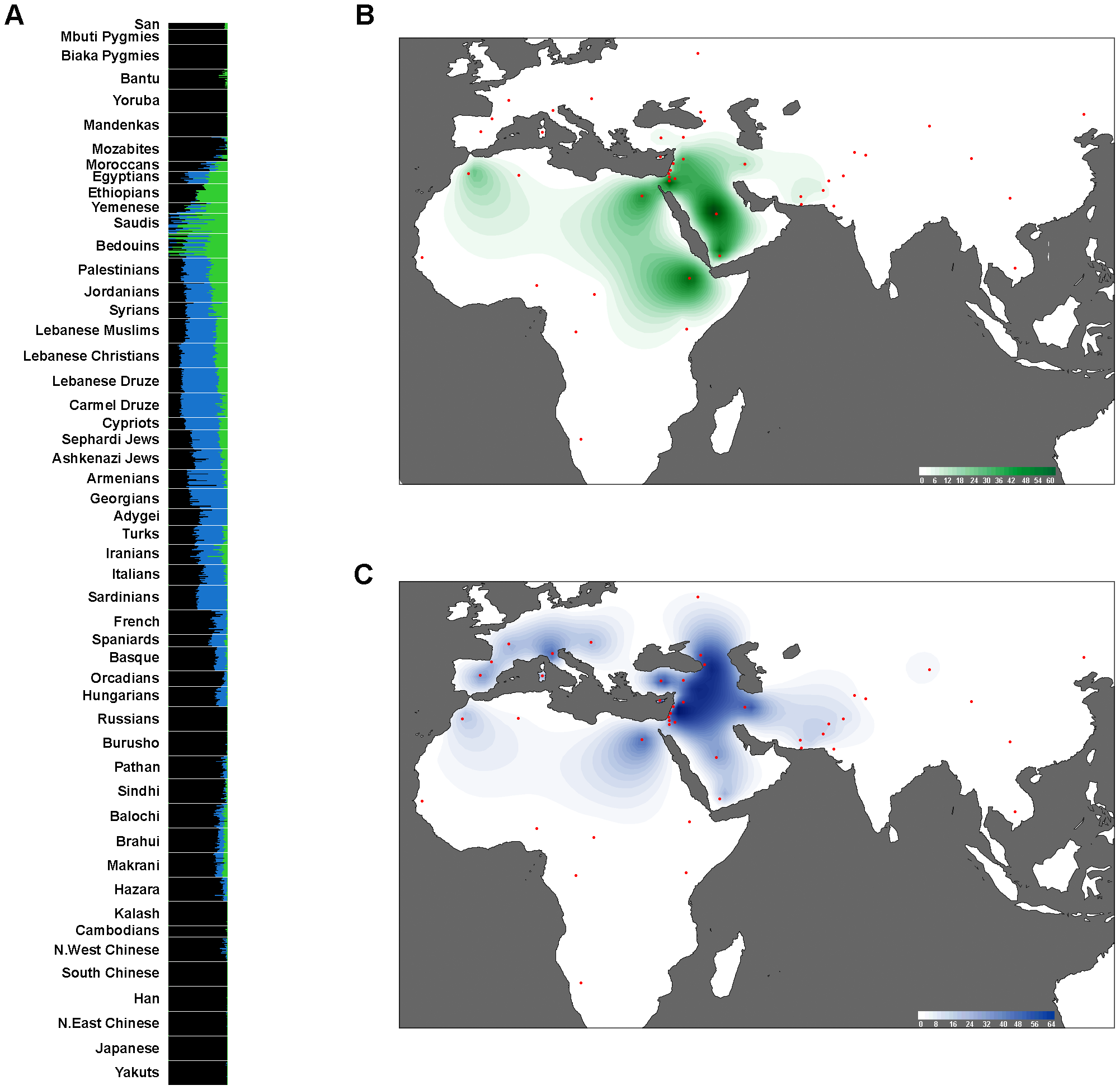|
Muhib Al Din Al Khatib
Muhib Al Din Al Khatib (1886–1969) was a Syrian journalist and politician who established various publications in Hejaz and Egypt, including ''Al Qibla'' and '' Al Fath''. Early life and education Born in Damascus in July 1886 Al Khatib was the son of a Damascene ulema Abu Al Fath Al Khatib. Al Khatib received secondary education in his hometown and attended Maktab Anbar, a very well-known educational institute, where he studied modern sciences, Ottoman Turkish, French and some Persian. During his studies in Damascus he became one of the pupils of Salafi scholar Tahir Al Jazairi. Al Khatib continued his education at a state school in Beirut. In 1905 he went to Istanbul to study law and literature and also, founded the Society of Arab Awakening with Aref Al Shihabi there. Career and activities In 1907 Al Khatib moved to Yemen where he served as a translator for the British consulate and became a member of Rashid Rida's Ottoman Council Society based in Cairo. Al Khatib returned ... [...More Info...] [...Related Items...] OR: [Wikipedia] [Google] [Baidu] |
Al Qibla
''Al Qibla'' (Arabic: ''direction of Mecca'') was the official gazette of the Kingdom of Hejaz. It was in circulation between 1916 and 1924 and headquartered in Mecca. The paper was a four-page broadsheet and published twice a week, on Mondays and on Thursdays. The slogan of ''Al Qibla'' was the following verse taken from Quran: And We did not make the qibla which you used to face except that We might make evident who would follow the Messenger from those who would turn on their heels. History and profile ''Al Qibla'' was first published on 15 August 1916, five weeks after the capture of Mecca by Sharif Hussein. The founders of the paper were Muhib Al Din Al Khatib and Fuad Al Khatib. It was published by Wilāya Press in Mecca on a semi-weekly basis. Muhib Al Din Al Khatib was also its founding editor-in-chief. Tayeb Al Sassi also served in the post. The paper featured international news based on the official communiques from Cairo, local news and writings of leading Arabic writ ... [...More Info...] [...Related Items...] OR: [Wikipedia] [Google] [Baidu] |
Arabic
Arabic (, ' ; , ' or ) is a Semitic languages, Semitic language spoken primarily across the Arab world.Semitic languages: an international handbook / edited by Stefan Weninger; in collaboration with Geoffrey Khan, Michael P. Streck, Janet C. E.Watson; Walter de Gruyter GmbH & Co. KG, Berlin/Boston, 2011. Having emerged in the 1st century, it is named after the Arabs, Arab people; the term "Arab" was initially used to describe those living in the Arabian Peninsula, as perceived by geographers from ancient Greece. Since the 7th century, Arabic has been characterized by diglossia, with an opposition between a standard Prestige (sociolinguistics), prestige language—i.e., Literary Arabic: Modern Standard Arabic (MSA) or Classical Arabic—and diverse vernacular varieties, which serve as First language, mother tongues. Colloquial dialects vary significantly from MSA, impeding mutual intelligibility. MSA is only acquired through formal education and is not spoken natively. It is ... [...More Info...] [...Related Items...] OR: [Wikipedia] [Google] [Baidu] |
Syrian Salafis
Syrians ( ar, سُورِيُّون, ''Sūriyyīn'') are an Eastern Mediterranean ethnic group indigenous to the Levant. They share common Levantine Semitic roots. The cultural and linguistic heritage of the Syrian people is a blend of both indigenous elements and the foreign cultures that have come to inhabit the region of Syria over the course of thousands of years. The mother tongue of most Syrians is Levantine Arabic, which came to replace the former mother tongue, Aramaic, following the Muslim conquest of the Levant in the 7th century. The conquest led to the establishment of the Caliphate under successive Arab dynasties, who, during the period of the later Abbasid Caliphate, promoted the use of the Arabic language. A minority of Syrians have retained Aramaic which is still spoken in its Eastern and Western dialects. In 2018, the Syrian Arab Republic had an estimated population of 19.5 million, which includes, aside from the aforementioned majority, ethnic minorities such as ... [...More Info...] [...Related Items...] OR: [Wikipedia] [Google] [Baidu] |
Syrian Expatriates In Egypt
Syrians ( ar, سُورِيُّون, ''Sūriyyīn'') are an Eastern Mediterranean ethnic group indigenous to the Levant. They share common Levantine Semitic people, Semitic roots. The cultural and linguistic heritage of the Syrian people is a blend of both indigenous elements and the foreign cultures that have come to inhabit the Syria (region), region of Syria over the course of thousands of years. The mother tongue of most Syrians is Levantine Arabic, which came to replace the former mother tongue, Aramaic, following the Muslim conquest of the Levant in the 7th century. The conquest led to the establishment of the Caliphate under successive Arabs, Arab dynasties, who, during the period of the later Abbasid Caliphate, promoted the use of the Arabic language. A minority of Syrians have retained Aramaic which is still spoken in its Eastern Aramaic languages, Eastern and Western Neo-Aramaic, Western dialects. In 2018, the Syrian Arab Republic had an estimated population of 19.5 milli ... [...More Info...] [...Related Items...] OR: [Wikipedia] [Google] [Baidu] |
Syrian Newspaper Founders
Syrians ( ar, سُورِيُّون, ''Sūriyyīn'') are an Eastern Mediterranean ethnic group indigenous to the Levant. They share common Levantine Semitic roots. The cultural and linguistic heritage of the Syrian people is a blend of both indigenous elements and the foreign cultures that have come to inhabit the region of Syria over the course of thousands of years. The mother tongue of most Syrians is Levantine Arabic, which came to replace the former mother tongue, Aramaic, following the Muslim conquest of the Levant in the 7th century. The conquest led to the establishment of the Caliphate under successive Arab dynasties, who, during the period of the later Abbasid Caliphate, promoted the use of the Arabic language. A minority of Syrians have retained Aramaic which is still spoken in its Eastern and Western dialects. In 2018, the Syrian Arab Republic had an estimated population of 19.5 million, which includes, aside from the aforementioned majority, ethnic minorities such as ... [...More Info...] [...Related Items...] OR: [Wikipedia] [Google] [Baidu] |
Syrian Magazine Founders
Syrians ( ar, سُورِيُّون, ''Sūriyyīn'') are an Eastern Mediterranean ethnic group indigenous to the Levant. They share common Levantine Semitic roots. The cultural and linguistic heritage of the Syrian people is a blend of both indigenous elements and the foreign cultures that have come to inhabit the region of Syria over the course of thousands of years. The mother tongue of most Syrians is Levantine Arabic, which came to replace the former mother tongue, Aramaic, following the Muslim conquest of the Levant in the 7th century. The conquest led to the establishment of the Caliphate under successive Arab dynasties, who, during the period of the later Abbasid Caliphate, promoted the use of the Arabic language. A minority of Syrians have retained Aramaic which is still spoken in its Eastern and Western dialects. In 2018, the Syrian Arab Republic had an estimated population of 19.5 million, which includes, aside from the aforementioned majority, ethnic minorities such as ... [...More Info...] [...Related Items...] OR: [Wikipedia] [Google] [Baidu] |
1969 Deaths
This year is notable for Apollo 11's first landing on the moon. Events January * January 4 – The Government of Spain hands over Ifni to Morocco. * January 5 **Ariana Afghan Airlines Flight 701 crashes into a house on its approach to London's Gatwick Airport, killing 50 of the 62 people on board and two of the home's occupants. * January 14 – An explosion aboard the aircraft carrier USS ''Enterprise'' near Hawaii kills 27 and injures 314. * January 19 – End of the siege of the University of Tokyo, marking the beginning of the end for the 1968–69 Japanese university protests. * January 20 – Richard Nixon is sworn in as the 37th President of the United States. * January 22 – An assassination attempt is carried out on Soviet leader Leonid Brezhnev by deserter Viktor Ilyin. One person is killed, several are injured. Brezhnev escaped unharmed. * January 27 ** Fourteen men, 9 of them Jews, are executed in Baghdad for spying for Israel. ... [...More Info...] [...Related Items...] OR: [Wikipedia] [Google] [Baidu] |
1886 Births
Events January–March * January 1 – Upper Burma is formally annexed to British Burma, following its conquest in the Third Anglo-Burmese War of November 1885. * January 5– 9 – Robert Louis Stevenson's novella ''Strange Case of Dr Jekyll and Mr Hyde'' is published in New York and London. * January 16 – A resolution is passed in the German Parliament to condemn the Prussian deportations, the politically motivated mass expulsion of ethnic Poles and Jews from Prussia, initiated by Otto von Bismarck. * January 18 – Modern field hockey is born with the formation of The Hockey Association in England. * January 29 – Karl Benz patents the first successful gasoline-driven automobile, the Benz Patent-Motorwagen (built in 1885). * February 6– 9 – Seattle riot of 1886: Anti-Chinese sentiments result in riots in Seattle, Washington. * February 8 – The West End Riots following a popular meeting in Trafalgar Square, London. * F ... [...More Info...] [...Related Items...] OR: [Wikipedia] [Google] [Baidu] |
Brill Publishers
Brill Academic Publishers (known as E. J. Brill, Koninklijke Brill, Brill ()) is a Dutch international academic publisher founded in 1683 in Leiden, Netherlands. With offices in Leiden, Boston, Paderborn and Singapore, Brill today publishes 275 journals and around 1200 new books and reference works each year all of which are "subject to external, single or double-blind peer review." In addition, Brill provides of primary source materials online and on microform for researchers in the humanities and social sciences. Areas of publication Brill publishes in the following subject areas: * Humanities: :* African Studies :* American Studies :* Ancient Near East and Egypt Studies :* Archaeology, Art & Architecture :* Asian Studies (Hotei Publishing and Global Oriental imprints) :* Classical Studies :* Education :* Jewish Studies :* Literature and Cultural Studies (under the Brill-Rodopi imprint) :* Media Studies :* Middle East and Islamic Studies :* Philosophy :* Religious Studies ... [...More Info...] [...Related Items...] OR: [Wikipedia] [Google] [Baidu] |
Columbia University Press
Columbia University Press is a university press based in New York City, and affiliated with Columbia University. It is currently directed by Jennifer Crewe (2014–present) and publishes titles in the humanities and sciences, including the fields of literary and cultural studies, history, social work, sociology, religion, film, and international studies. History Founded in May 1893, In 1933 the first four volumes of the ''History of the State of New York'' were published. In early 1940s revenues rises, partially thanks to the ''Encyclopedia'' and the government's purchase of 12,500 copies for use by the military. Columbia University Press is notable for publishing reference works, such as ''The Columbia Encyclopedia'' (1935–present), ''The Columbia Granger's Index to Poetry'' (online as ''The Columbia World of Poetry Online'') and ''The Columbia Gazetteer of the World'' (also online) and for publishing music. First among American university presses to publish in electronic ... [...More Info...] [...Related Items...] OR: [Wikipedia] [Google] [Baidu] |




.jpg)


.jpg)